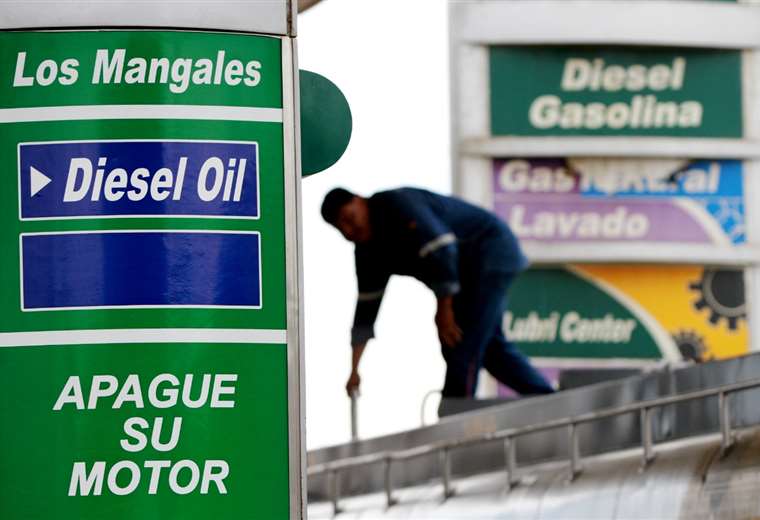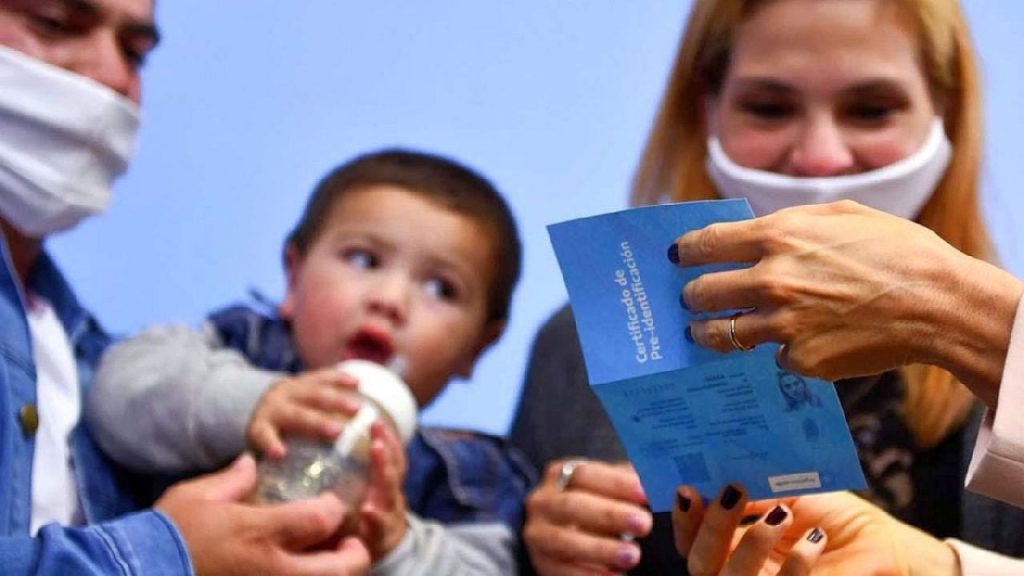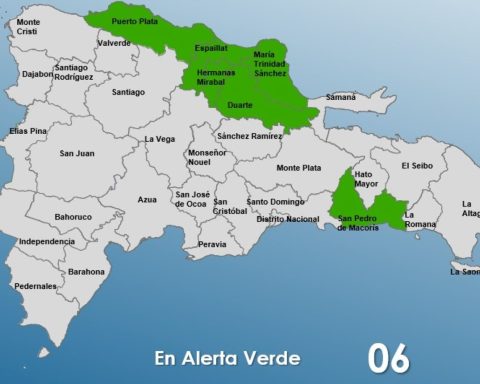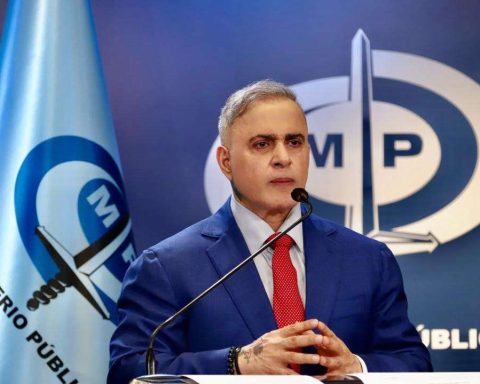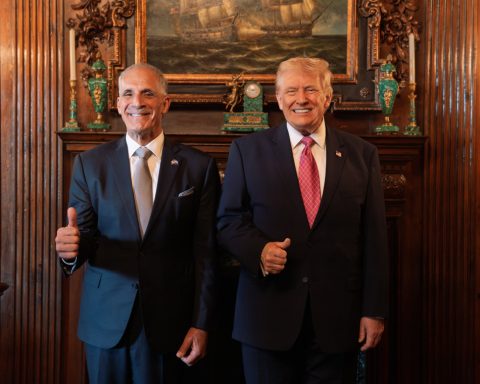November 14, 2024, 12:22 PM
November 14, 2024, 12:22 PM
If this Thursday privately imported diesel began to be sold, without subsidies and tax-free at the pumps, It would cost around Bs 12 per literaccording to current international prices and shipping costs.
The calculation was carried out by energy analyst Germán Richter, based on what is established in the new Supreme Decree No. 5271 for the import and marketing of diesel and gasoline in the domestic market, by private individuals or legal entities. It should be noted that the regulations still lacks regulation and it is expected that next week it will be announced by the Government.
Richter gave the example of a purchase in São Paulo, Brazil. This Thursday, the price of diesel oil in the international market is $us 1.17, to which must be added the cost of transportation freight to the border, $us 0.14 per liter, plus transportation freight from the border to the capital of Santa Cruz, $us 0.40 per liter. The sum of these prices results in $us 1.71 per liter, which at the official exchange rate (Bs 6.96) is Bs 11.90.
However, Richter considered that The Decree contains “traps”, since it involves a series of obstacles such as setting the price, which will be in charge of the National Hydrocarbon Agency (ANH), and the collection of Special Tax on Hydrocarbons and its Derivatives (IEHD), among others, which could lead to a series of procedures that would make the product more expensive for the final consumer.
“What does the ANH have to do with a private business? Both the ANH and the Ministry of Hydrocarbons and Deposits (YPFB) were created and are directed through their laws and decrees to protect natural resources. The ANH may have some type of control because there are hydrocarbons, but do not set the price. “Who are they to set the price?” Richter questioned.
Indeed, Article 8 of DS 5271 states: “The ANH will establish prices based on the methodology approved by the Ministry of Hydrocarbons and Energies”.
Then, the analyst pointed out that the IEHD will be charged. “This tax was made to provide funds for mayors, producing sectors, to preserve natural resources. So, They are contradictions”Richter stated.
Specifically, Article 9 of the Decree (Specific Rate of the Special Tax on Hydrocarbons and their Derivatives) establishes that “for the application of this Supreme Decree, a specific aliquot of the IEHD, for the importation of diesel and gasoline, according to the annex that is part of this Supreme Decree.”
Richter also questioned Article 6, subsection “c” (Prohibitions), which indicates that “the private natural or legal person who imports diesel and gasoline is prohibited from marketing subsidized products in the domestic market”.
“What will happen to the pumps? If the pump matters, will it not be able to sell more of the gasoline that YPFB distributes? Therein lies the trap. Are they going to have to open other pumps only for imported gasoline? Who is going to invest in a new pump that will take six months to build in order to sell another six months? Because the Decree will be in force for one year,” he said.
He considered that, in the regulations, which must be published in five days, the gasoline is tax-free, Since although diesel has a “zero tariff” in customs tax matters, gasoline does not. He Consolidated Tariff Levy (GAC), which ranges between 10% and 20%, is one of the taxes that applies to this type of imported products.
